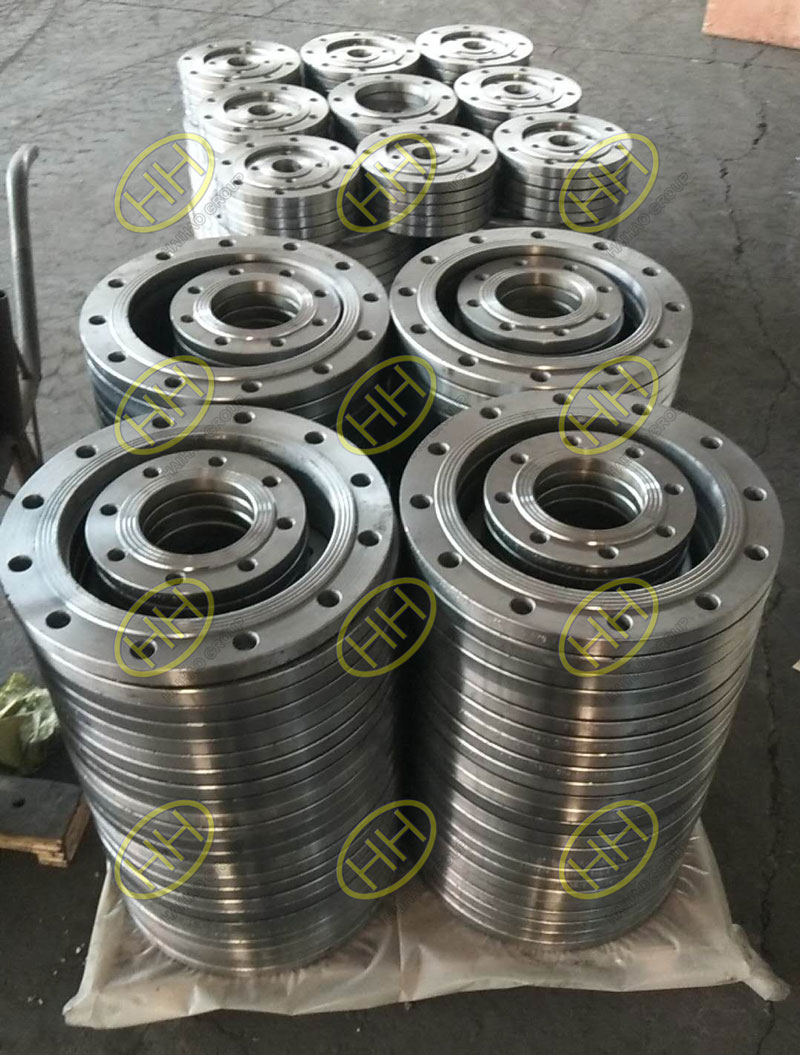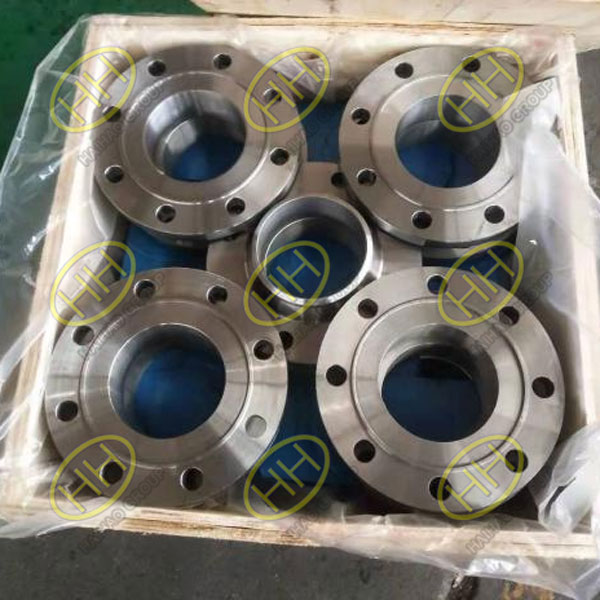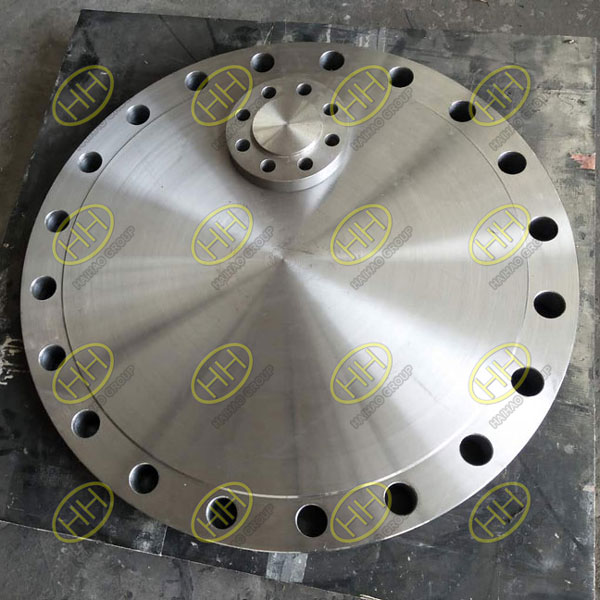Ensuring the integrity of flange connections in piping systems: understanding corrosion and prevention
Flanges are pivotal components within piping systems, serving as vital connectors between shafts or devices. They play an essential role in securing two pipelines, pipe fittings, or equipment onto flange plates. The integrity of flange connections is of paramount importance in pipeline construction, whether for conveying hydrocarbons, natural gases, or water. Even the slightest flange connection leakage can have severe environmental repercussions and potentially pose significant risks to life. Therefore, it is imperative to ensure the integrity of flange connections.
Understanding the Causes of Flange Corrosion and Prevention Measures
To maintain the integrity of flange connections, it is crucial to ensure that flanges remain free from deformation and corrosion. However, in industrial production, flange corrosion can still occur intermittently. What are the reasons behind flange corrosion, and how can it be prevented? Let’s delve into these issues.
Causes of Flange Corrosion:
The causes of flange corrosion can be attributed to both the flanges themselves and incorrect installation or usage practices. Flange-related factors leading to corrosion typically involve inappropriate flange dimensions or inadequate selection, resulting in gaps during flange installation. In the presence of corrosive media, these gaps can expand significantly, leading to flange corrosion.
External factors contributing to flange corrosion include a lack of corrosion protection measures. Flange surfaces, exposed directly to water and air in the atmosphere, are susceptible to corrosion. If the temperature of the conveyed medium at the flange connection point is lower than the external atmospheric temperature, the metal coating or grease between the flange gaps may become uneven, resulting in localized corrosion. At elevated temperatures, metal and corrosive media can undergo localized electrochemical corrosion.
Preventing Flange Corrosion:
Now that we understand the root causes of flange corrosion, let’s explore prevention methods to safeguard flanges from corrosion.
Thicker Coatings: Flanges often feature various angles and edges, and with time and exposure to corrosive media, these edges can become thinner. Traditional coating systems struggle to effectively cover these edges. To mitigate this, thicker coatings can be applied. However, it’s important to note that while thicker coatings can address edge protection concerns, they may seal fasteners, making future maintenance challenging. Therefore, caution must be exercised when using paint for flange corrosion prevention.
Corrosion-Resistant Tapes: Wrapping the surface of the substrate with tape or semi-solid corrosion-resistant adhesive tapes can effectively protect flanges from corrosion. These tapes provide an additional layer of protection, preventing corrosive agents from reaching the flange surface.
At Haihao Group, we understand the critical role that flange connections play in industrial piping systems. We are committed to providing high-quality flange solutions that meet and exceed industry standards. By following proper installation and maintenance procedures, you can ensure the longevity and integrity of your flange connections, safeguarding your pipelines and the environment.
For more information on our comprehensive range of flange products and corrosion prevention solutions, please visit our official website or contact our dedicated team of experts.




